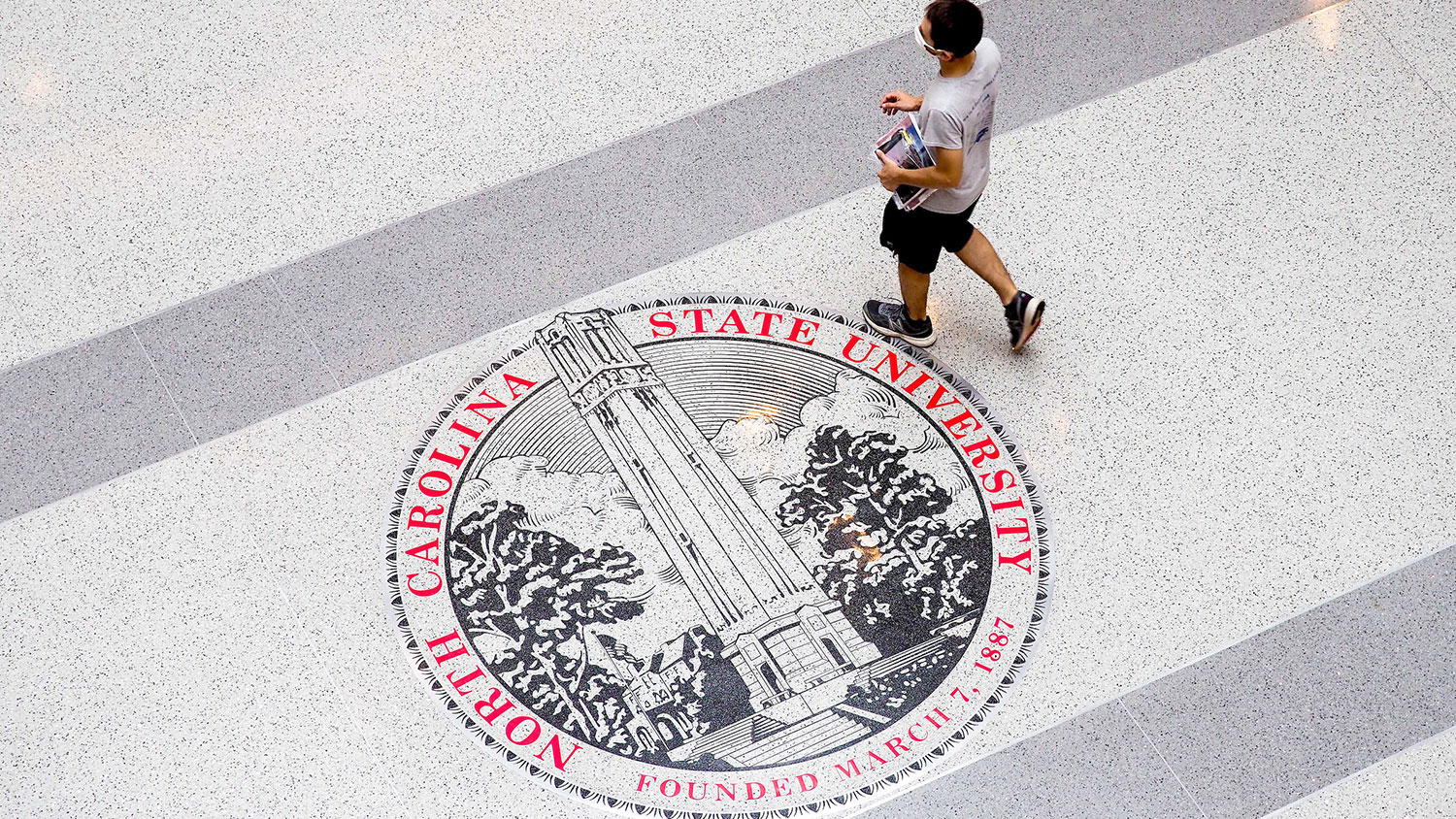Diversity, Inclusion and Well-Being Report Open for Feedback

NC State’s 2020 Strategic Planning effort has released reports from each of its nine task forces.
The update includes a report from the “Advancing Inclusion and Well-Being to Enhance Excellence” task force, co-chaired by Monica Osburn, executive director, Counseling Center and Prevention Services, Division of Academic and Student Affairs and Sheri Schwab, vice provost, Office for Institutional Equity and Diversity.
Charged with describing central challenges and providing an overview of where the university stands relative to facing those challenges, each task force proposed and prioritized themes to be addressed in the next strategic plan, along with strategies to enable the university to progress within those themes.
Anyone from the university community can provide feedback on the 16-page report via a form on the task force website by Sep. 21. Similar forms are available for each of the other task force reports.
What’s in the Report?
After hosting numerous campus-wide listening sessions, the task force gathered and distilled the information collected into three guiding themes and four foundational principles. See the report for a full discussion of each of the following:
Guiding Themes
- We value diversity and inclusion.
- We seek to build a culture and climate where everyone belongs.
- We strive to have a safe, healthy and resilient university community.
Foundational Principles
- Build a foundation of security through equitable access to basic community rights such as healthcare, food, housing, childcare and digital resources for all students, faculty and staff.
- Ground this work in accountability through continuous assessment and transparency of data.
- Integrate diversity, inclusion and well-being into NC State’s core functions of teaching, learning, research and engagement and in our innovation and entrepreneurship.
- Collaborate to increase effectiveness and impact.
How Will The Themes and Principles Be Put Into Practice?
The report includes details for each of these themes and principles and provide directions for how they should be carried out within the strategic planning process.
Community feedback will help determine how this important work becomes part of the university’s next strategic plan.


